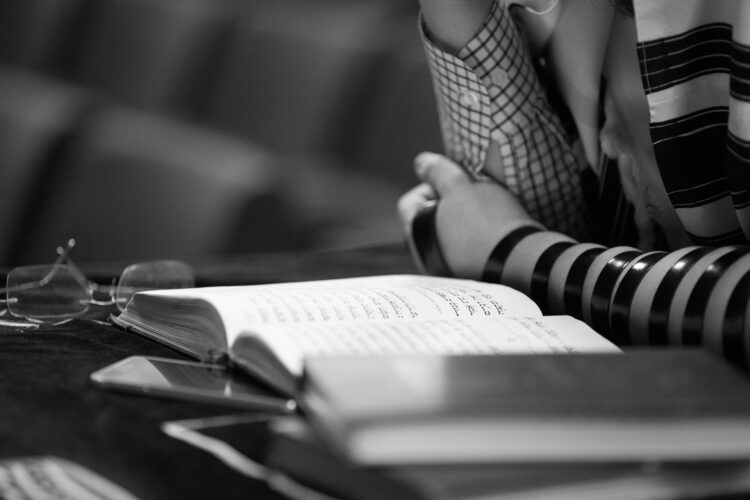As a new leader in the Messianic Jewish world, 1972, I wanted to learn much more about Judaism. I began reading many books. One project still amazes me, and that was going through the Soncino English version of the Talmud. How deep was my understanding? I cannot evaluate it. I will say that such an exercise does give a person much more of a sense of Talmudic Judaism than many would think possible without years and years of study with Rabbis. Some years later, I studied other books on Rabbinic Judaism and especially Rabbi Jacob Neusner’s large volumes summarizing Rabbinic literature. Neusner, in my view, was the greatest scholar of Rabbinic Judaism who was not an Orthodox Jew (he was conservative). Then some months ago, I began to ask if I needed a review of the original source and decided to go through the Mishnah. I wanted to refresh my memory. The English version can be read and is just over 800 pages.
The Mishnah is the first part of the Talmud. It was passed down orally until written down by Rabbi Judah the Prince at the end of the second century. It is amazing for us moderns to realize how much was memorized and passed down, and this includes the Talmud part two. The second part of the Mishnah which covers more than 300 years after the Mishnah, is called the Gemara. It explains and expands on the content of the Mishnah.
The Mishnah is invaluable for describing both the Judaism of the first century Pharisees, but one has to be careful here and not read too much back into the first century. It also gives the consensus of practice from the end of the second century. It provides details on Israel’s Temple services, sacrifices, Feast celebrations and practices, Sabbath laws, and the basic practices of Synagogue prayer from that time. It also gives us applications of Torah, the laws of Moses, and how Rabbis of the time sought to apply the Torah including tort law, penalties, and capital offenses. Sometimes the applications are very wise and sometimes I scratch my head.
The largest amount of material in the Mishnah deals with laws of purity and holiness. This was a major emphasis of the Pharisees and sometimes was a source of conflict with Yeshua. The details of law upon law are stunning. It is building a fence around the Law so the law will not be violated, but then it builds a fence around the fence. So many of the decisions as to what counts as making one unclean and to what degree seem arbitrary and cry out for the greater explanations given in the Gemara. The level of legal hair-splitting in the Mishnah astonishes anyone who looks at it objectively without an overarching ethnic prejudice. Surely much in the Jewish heritage is good and beautiful and true, but in these legalistic pages upon pages, the question naturally arises. Is this what God wanted for our people: to give their primary attention to pages upon hundreds of pages of legal arguments and conclusions over matters that do not seem consequential and go way beyond the text of the Torah. The arguments often focus on what if questions? The Biblical law on what makes one clean and unclean and hence qualified for Temple involvement can be readily understood for 98 or 99% of the cases. The genius of the Rabbis is to focus on those 1% or 2% of questions of possible contamination with arguments of what does and does not contaminate. They want to cover every possibility of contamination even if remote. Once a conclusion is given, then the new question of a new 1% or 2% that arises from that can continue a new argument.
It is hard to not ask a question. Is this really what God is concerned with and what he really wanted our people to spend untold hours studying and arguing about, day after day, year after year, and century after century. Of course, outside of Orthodox Judaism, now a minority of Jews, Jews today take a much more flexible approach to these traditions and generally do not live by the strictures of the centuries past. Certainly, this did produce a great separation of our people and was used by God to preserve our people. But was this the necessary way of preservation? I do not believe that this reflects the ideal will of God. Is such focus a result of the failure to recognize Yeshua and his approach to Torah in the first century and the failure to recognize the post-resurrection apostolic witness? That is my conclusion. When Ultra-Orthodox Jews in Israel or America say they are studying Torah, they mean the Talmud and the Rabbinic traditions that continue the debate to this day. Rarely is Torah studied, though it is read through every year.
